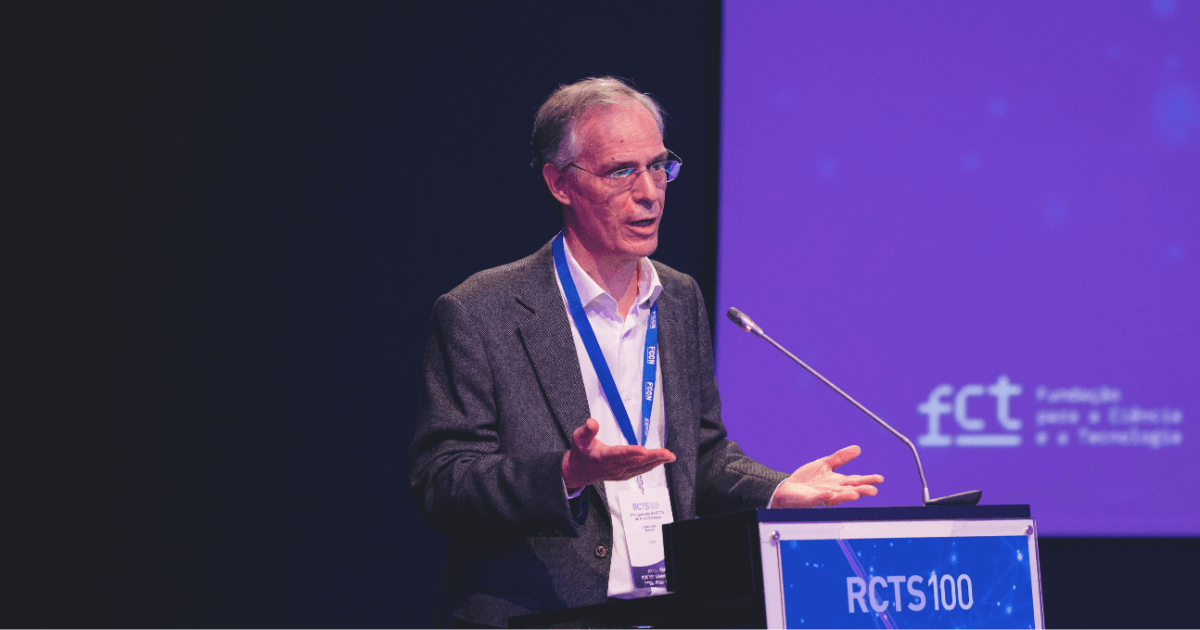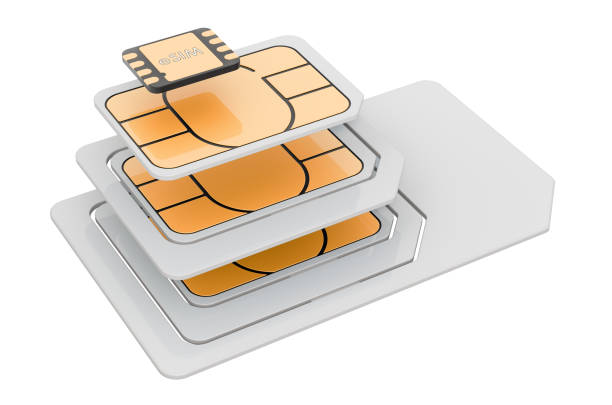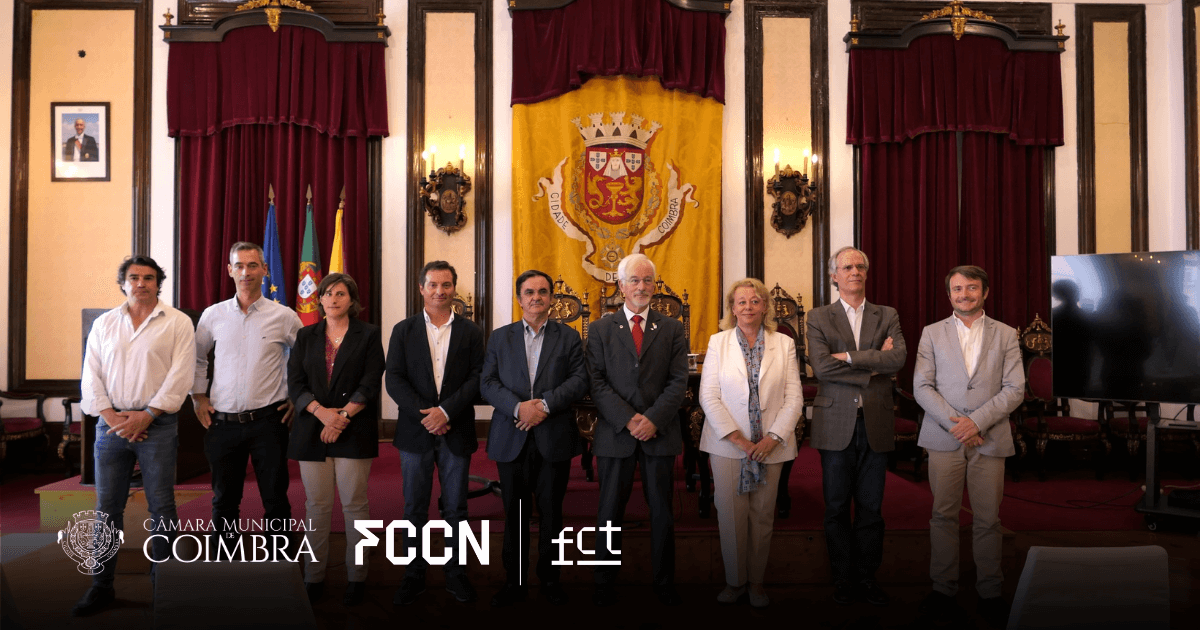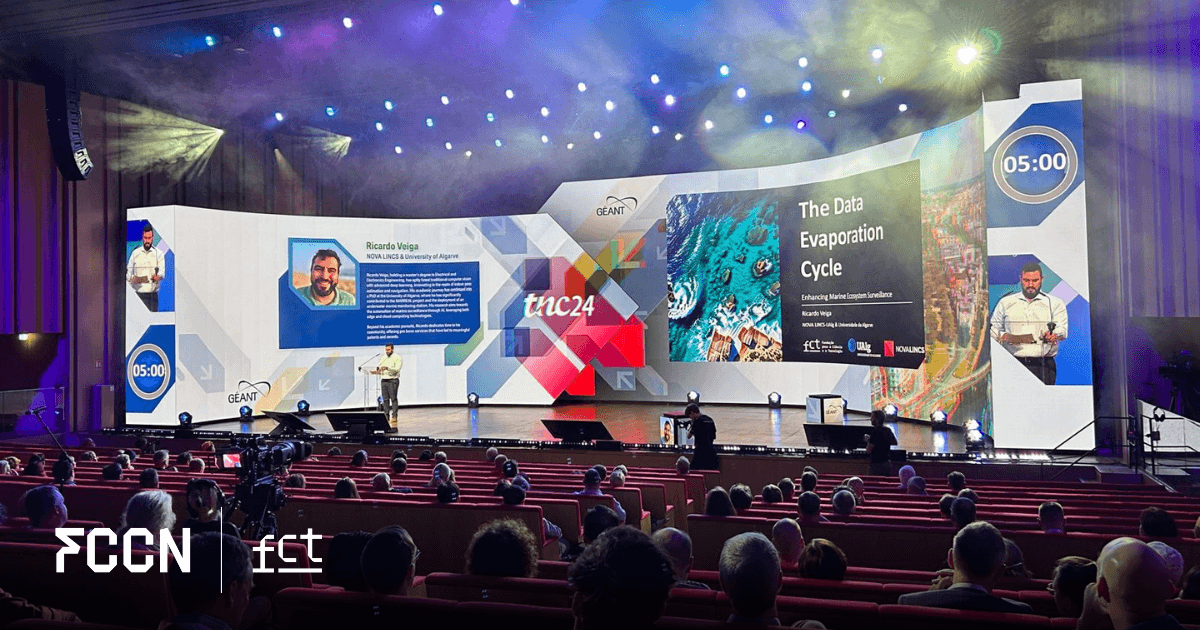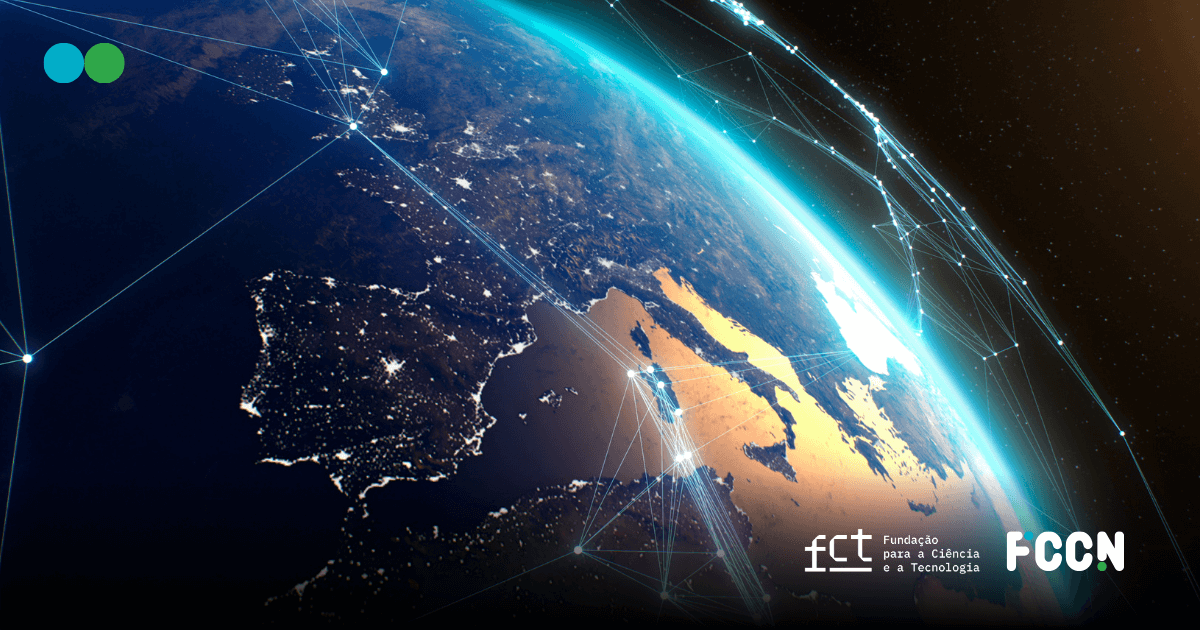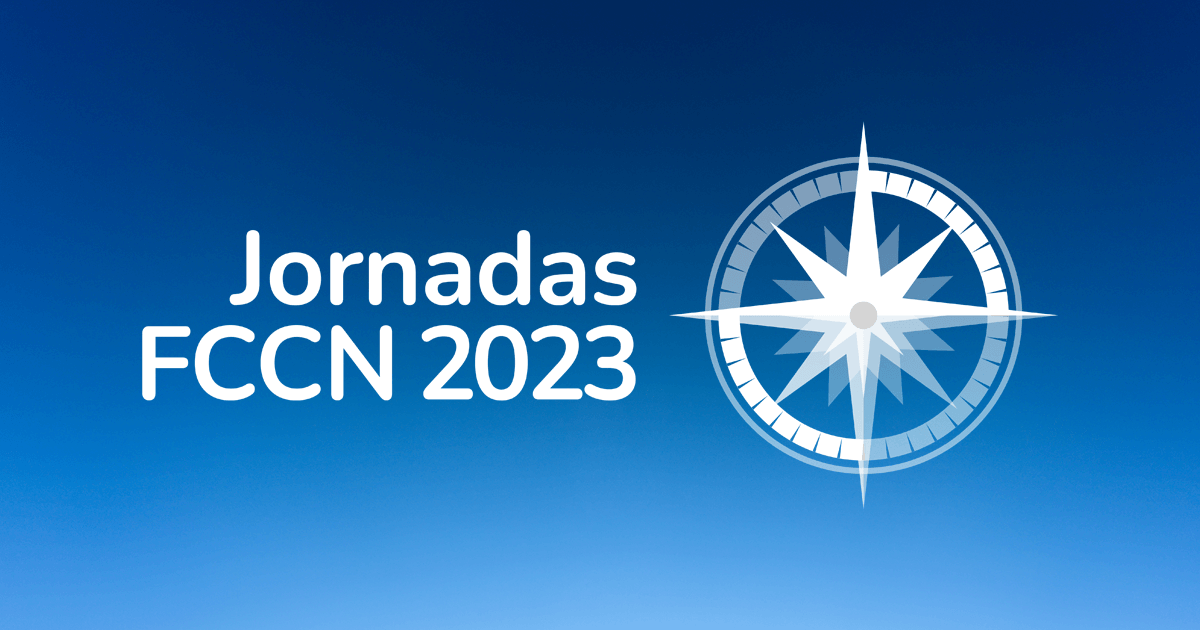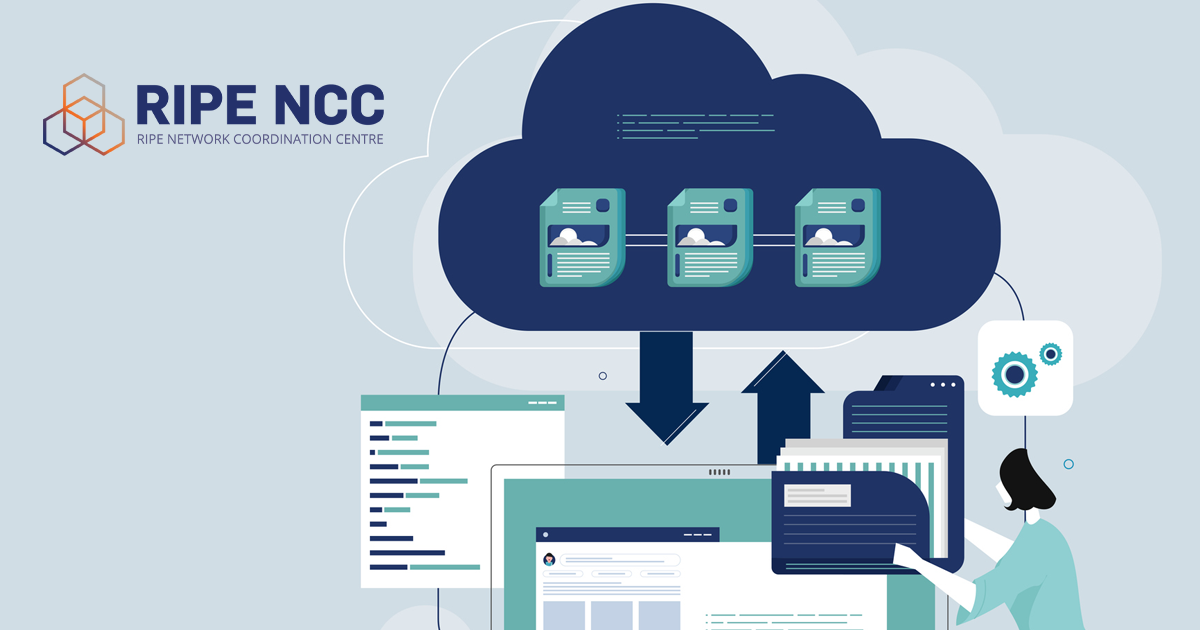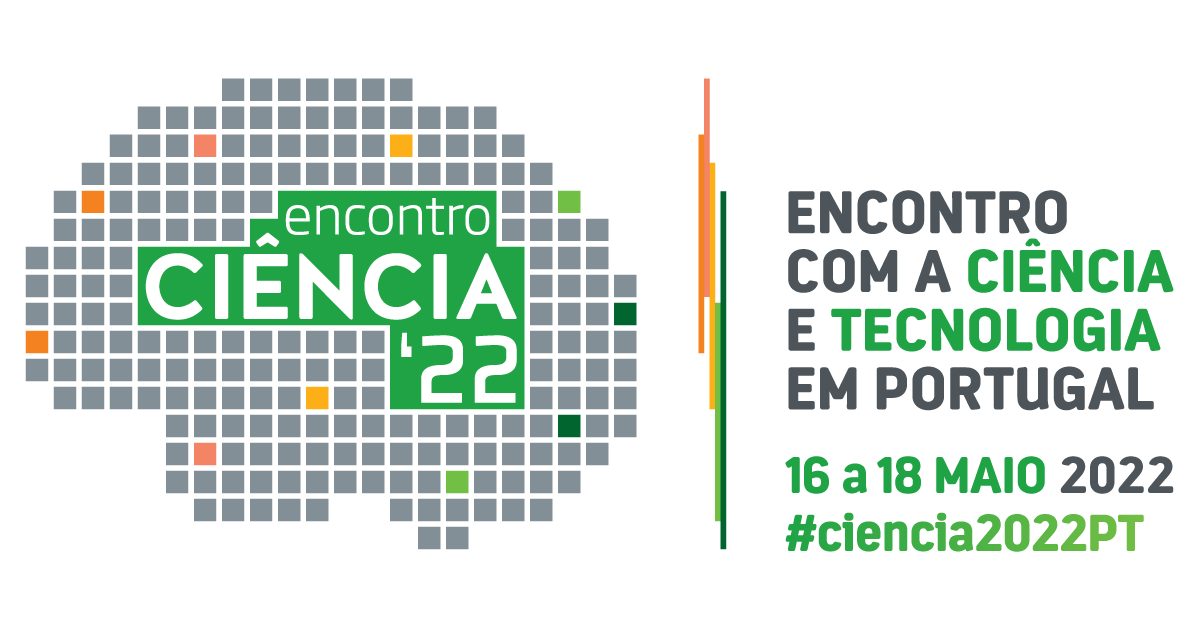As of 1 April, the Science, Technology and Society Network (RCTS) started to ensure the connection of the Extended Education Network (RAE) to the Internet at 40Gbps.
RCTS - is the national research and education network, which offers researchers, teachers and higher education students a high-performance digital infrastructure and supports the projects they develop nationally and internationally. The interconnection of the RAE in RCTS has allowed economies of scale, as well as an improvement in service.
This capacity update marks another step in the evolution of the Extended Education Network (RAE) - a structure created in 2008 and which provides communications and information services to organisations, groupings and non-grouped schools in mainland Portugal.
RAE is a network with national coverage that interconnects a total of about 4435 schools and groupings. Among students and teachers, the number of users (students, teachers and administrative staff) exceeds 1 million. Among the services it provides are Internet connections for all public schools (from the 1st cycle of basic education to secondary education), as well as all the regional and central bodies of the Ministry of Education and Science.
On its website, the Directorate General for Education and Science Statistics (DGEEC) highlights the role of the Science, Technology and Society Network (RCTS), managed by the National Scientific Computing Unit of the Foundation for Science and Technology (FCT), in the "effective improvement in interconnection services and Internet access. This evolution is materialized with optimizations such as the bandwidth increase now announced. A detailed and updated map of the RAE can be accessed on the DGEEC website.
RAE supports platforms such as "Portal das Escolas", "Info Escolas", "Infocursos", "Portal das Qualificações", or "SciELO". On the other hand, through this network, DGEEC implements a set of data collection systems "used for the production of official statistical information in the area of education, science and technology and the information society", within the framework of the National Statistical System and in accordance with the European Statistics Code of Practice.


